News
LATEST NEWS
-
Other news
-
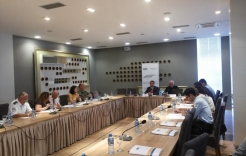 10 August 2015
10 August 2015
Roundtable: Monitoring of the Kosovo Security Sector: April - June 2015
Kosovar Institute for Policy Research and Development (KIPRED) held the round table: Monitoring the Kosovo Security Sector: April - June 2015, in which were presented and discussed the monitoring findings, summarized in the first edition of Security Sector Observer of Kosovo.
-
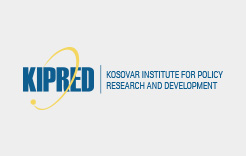 15 July 2015
15 July 2015
Round Table: Political Subjects in Kosovo; Party internal elections; Integration in International Organization; Policy Decision and Decision Making
Konrad Adenauer Stiftung (KAS) and Kosovar Institute for Policy Research and Development (KIPRED) held the round table: Political Subjects in Kosovo; Party internal elections; Integration in International Organization; Policy Decision and Decision Making.
-
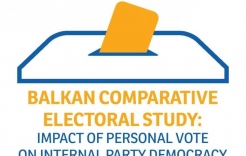 19 June 2015
19 June 2015
Comparative Balkan Politics – Call for Papers
Centre for Monitoring and Research CeMI has published a Call for Papers in the field of comparative politics and international studies for the first issue of the journal Comparative Balkan Politics (CBP). CBP is a new annual journal that forms part of the project “Balkan Comparative Electoral Study: Impact of Personal Vote on Internal Party Relations”, implemented within the Regional Research Promotion Programme in Montenegro, Serbia, Kosovo and Bosnia and Herzegovina. Its scope is defined broadly to include comparative studies in politics, economy, and social science in all of the Balkans and Southeast Europe, as well as in countries that have strong ties to the region, and comparative studies of countries that give new insights to developments in the Balkans. CBP aims to publish original articles that give new insights into Balkan politics in order to promote better understanding and informed debate on political processes in Southeast Europe.
-
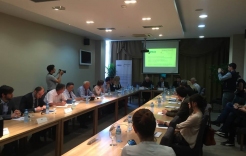 08 June 2015
08 June 2015
Round table on the subject: Political parties in Kosovo: Internal Democracy, political system and election campaign
Kosovar Institute for Research and Policy Development – KIPRED, has held today the round table on the subject “Political parties in Kosovo: Internal Democracy, political system and election campaign”. In this round table the discussion was held between representatives of five main political parties in Kosovo, Civil Society, Central Election Commission and other relevant organizations and institutions.
-
30 January 2015
Interethnic Relations in the Western Balkans: Implications for Kosovo
This paper examines problems of inter-ethnic relations in the countries of the Western Balkans, including background, ethnic composition, rights and political representation. In a number of countries, the disputes are related to the number of members of ethnic minorities, while in others, these are related to claims for more ethnic minority rights, including territorial autonomy.
-
23 January 2015
KOSOVOS PARTICIPATION IN REGIONAL ORGANIZATIONS AND INITIATIVES
The structure of the paper consists of five chapters altogether, including introduction and conclusion. After the introductory chapter, in the second chapter the paper will focus on a broader perspective of the evolution of regional cooperation in SEE after the End of the Cold War.



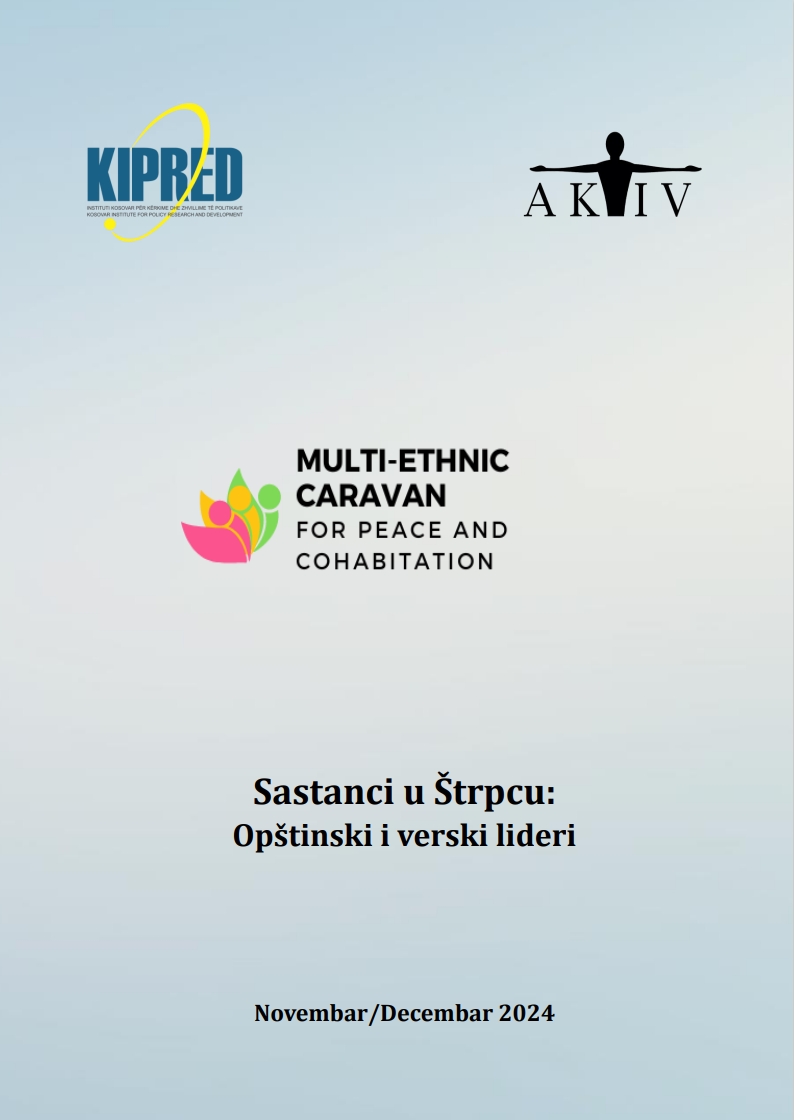
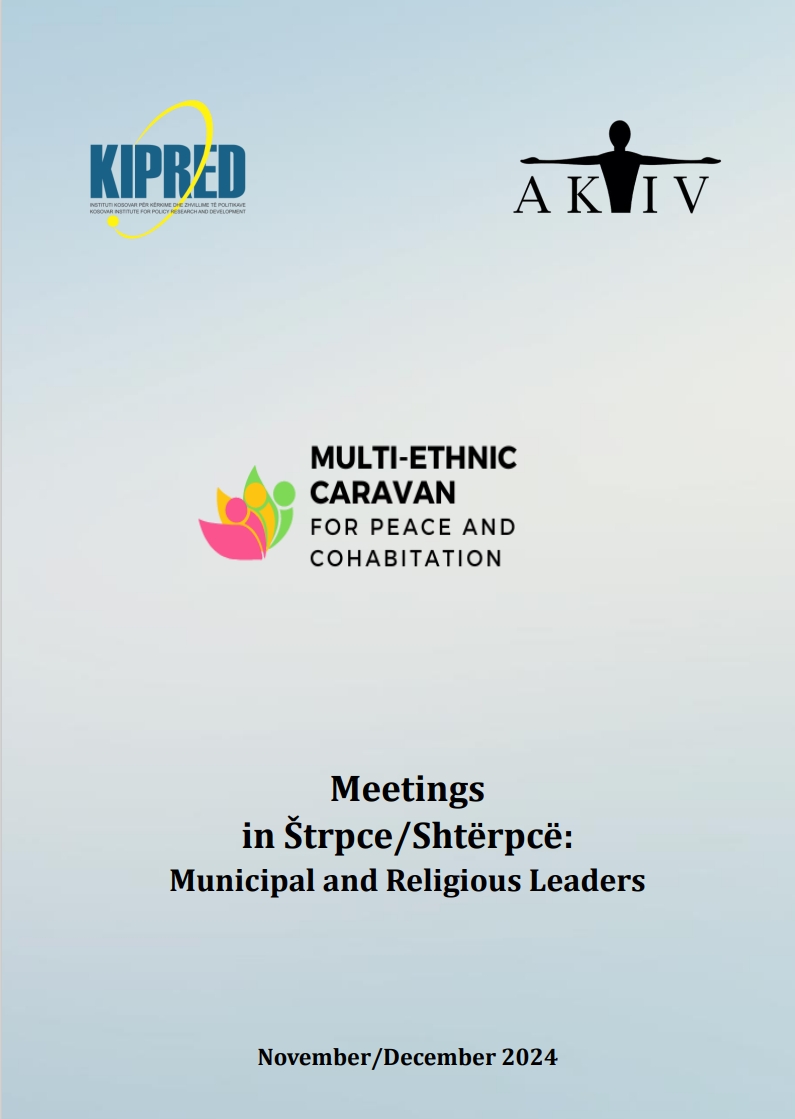
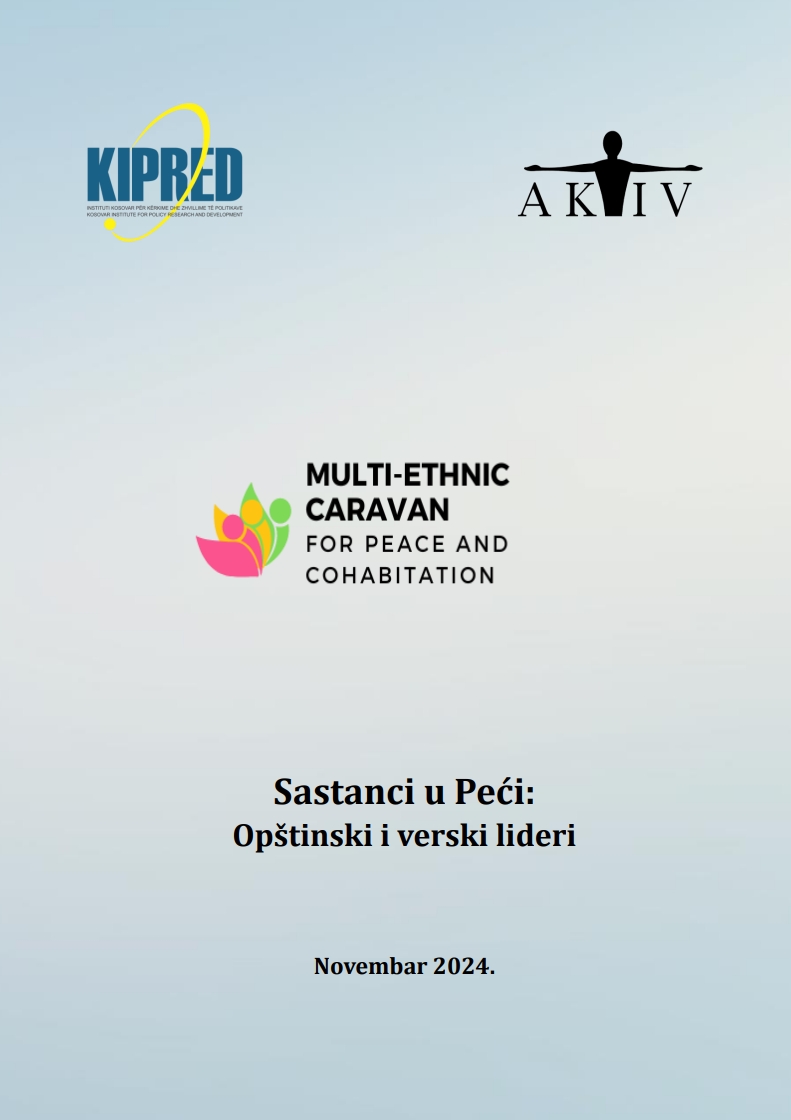



 ?>
?>
 ?>
?>
 ?>
?>
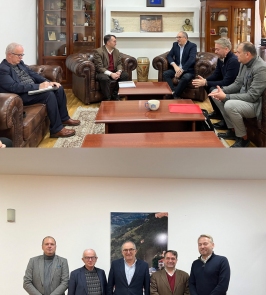 ?>
?>

